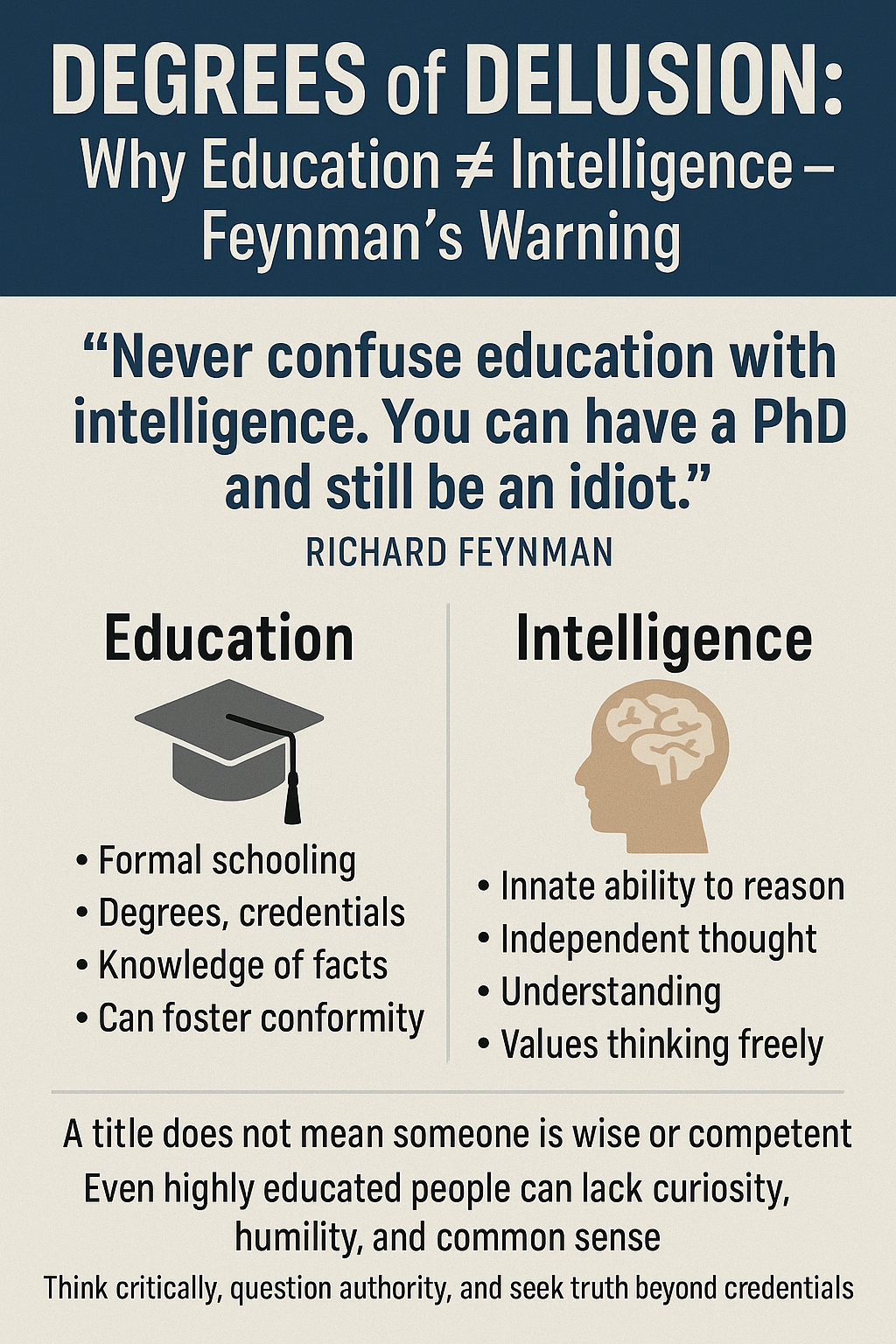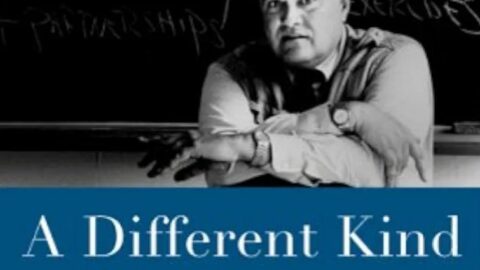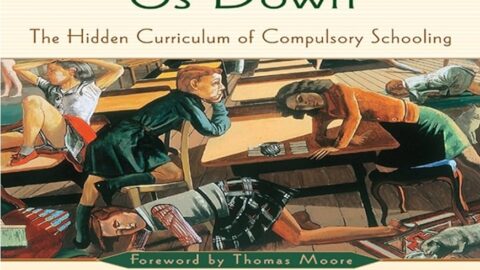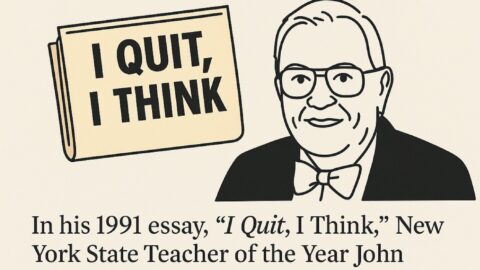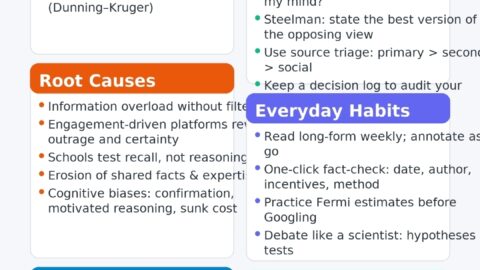“Never confuse education with intelligence. You can have a PhD and still be an idiot.”
—Richard Feynman, Nobel Prize-winning physicist
This quote is more than a clever jab at academia—it’s a profound warning from one of the most brilliant minds of the 20th century. Feynman, a man who possessed both deep intelligence and elite credentials, understood better than most that degrees do not equal wisdom and that intellectual humility is the hallmark of true brilliance.
In a world obsessed with status, titles, and formal education, Feynman’s words cut through the pretense to expose a vital truth: you can be highly educated, yet still be intellectually shallow, morally blind, or easily manipulated.
🧠 I. Intelligence vs. Education: What’s the Difference?
🎓 Education (External Achievement)
- Formal schooling
- Accumulation of facts
- Mastery of procedures and tests
- Often rewards conformity, memorization, and obedience
🧠 Intelligence (Internal Capacity)
- Ability to reason, think critically, and adapt
- Seeks truth, not approval
- Rooted in curiosity, discernment, and humility
- Often defies social norms to pursue higher principles
Education is what you’re taught. Intelligence is what you understand.
⚠️ II. Why Highly Educated People Still Get It Wrong
- Conformity Bias
- Academia often rewards those who agree with prevailing ideas.
- Dissent is punished, even if it’s more intellectually honest.
- Feynman himself criticized the “cargo cult science” of researchers who went through the motions without truly understanding.
- Credentialism = Illusion of Authority
- People equate degrees with credibility, even in areas outside a person’s expertise.
- PhDs in one field often make sweeping, uninformed claims in others.
- Blind Spots in Moral or Practical Intelligence
- A person can solve equations but fail to recognize injustice.
- Highly educated bureaucrats have been behind some of history’s greatest atrocities (e.g., Nazi Germany, Maoist China, Soviet purges).
- Overconfidence and Ego
- Education without humility leads to arrogance, not enlightenment.
- True intelligence begins with knowing how much you don’t know.
🧬 III. Feynman’s Life as Proof
Richard Feynman didn’t just say these words—he lived them.
- He mocked academic arrogance and bureaucratic nonsense.
- He valued clarity over complexity—famously saying, “If you can’t explain something in simple terms, you don’t understand it.”
- Despite his Nobel Prize, he preferred learning from janitors, craftsmen, and nature over stuffy committees.
- He warned against the illusion of knowledge, not just ignorance.
🧠 IV. Other Thinkers Who Echo This View
- Einstein: “Imagination is more important than knowledge.”
- Mark Twain: “I have never let schooling interfere with my education.”
- C.S. Lewis: “Education without values, as useful as it is, seems rather to make man a more clever devil.”
- Socrates: “I know that I know nothing.”
Each understood that true wisdom is rooted in humility, not credentials.
📉 V. Why This Warning Matters Today
In the modern world:
- We are drowning in degrees, but starving for wisdom.
- People worship titles and institutions, while ignoring character and conscience.
- Politicians and experts use “education” to justify authoritarian policies, censor dissent, and shut down dialogue.
In such a culture, Feynman’s quote becomes a lifeline for critical thinkers.
🧭 VI. How to Tell the Difference: Educated Fool vs. Intelligent Thinker
| Trait | Educated Fool | Intelligent Thinker |
|---|---|---|
| Motivation | Seeks approval and prestige | Seeks truth and understanding |
| Response to dissent | Dismisses or mocks | Considers and engages |
| Use of knowledge | Status signaling | Problem solving |
| Adaptability | Rigid, defensive | Open, curious |
| Humility | Lacks it (“I know everything”) | Embraces it (“What can I learn?”) |
🔚 Conclusion: Wisdom Is Not Measured in Degrees
Richard Feynman’s quote reminds us that real intelligence transcends classrooms and credentials. It is not found in memorizing theories or citing prestigious journals, but in the freedom to think independently, question dogma, and value truth over ego.
You can be a janitor and wise, or a professor and blind.
You can be credentialed and clueless, or self-taught and brilliant.
Never forget: Education is a tool. Intelligence is how you use it. Wisdom is whether you know when not to.

